This post is a part of the #RPGaDAY series for 2017 by David F. Chapman and RPGBrigade. For more information, see this post at AUTOCRATIK. I'm modifying per suggestions from S. John Ross as well as applying my own interpretations. Comment with your answers or links to your own posts!
Day 14 - Which RPG do you prefer for open-ended campaign play?
I'll start with a small bit of interpretation, because upon seeing a lot of the answers that people have come up with, I think "open-ended" may present a bit of ambiguity. I'm taking it to mean that the campaign has no particular narrative end point, that the campaign will continue as long as people are willing to play it. Even with such a condition, I still imagine there would be discrete story arcs or similar in play, but specifically I'm considering such a campaign to largely be based on the party (as opposed to, say, the setting). Sure, party members may be lost and others gained over the course of the story (whether characters or players), but I'm imagining that there must be a continuity from each session to the last for it to count for this question.
With that in mind, I admit that my answer is driven by a lot of my old-school beginnings. I can't envision such a structure without the classic d20-based high fantasy, a genre that Ken and Robin would term "F20." That said, I also don't see any particular reason that I would prefer an old-school game to realize this old-school vision. My game of choice for this would be 13th Age by Rob Heinsoo and Jonathan Tweet. Any D&D, Pathfinder, or other F20 player will "get" 13th Age immediately, at least mechanically. Moreso for 5E players, actually. 13A even predates the publication of 5E by a bit, but it is very clear that they share a lot of common DNA. (Just look at the designers.) The edge that 13A holds over 5E for me is that 13A does a bit more abstraction, a bit more constraint (necessitating less system mastery), and introduces mechanics to drive narrative elements. 13th Age is my go-to for bridging die-hard old-schoolers over to more narrative games, and it's this same quality that appeals to the old-schooler in me that would want to see it used for an open-ended campaign. I can't recommend the game enough, particularly if you want that F20 feel without the same level of crunch. I find the abstracted skill system ("backgrounds") particularly compelling. If you're looking for a good halfway point between F20 and a fully narrative-driven game, you owe it to yourself to give 13th Age a spin.
That was my first thought, and I stick with it as my answer, but I kept seeing another title mentioned that I think I'd like to also bring up, and that is Ars Magica, currently in its fifth edition by David Chart. This is another classic game with deep roots in the hobby, and it is definitely worth mentioning that one of the original designers was, as with 13th Age, one Jonathan Tweet. (The other was Mark Rein•Hagen, a name certainly familiar to old World of Darkness players.) This game has tremendous potential for an open-ended campaign, primarily because it uses a "troupe" system in which players each have several characters to play and also rotate the GM responsibilities. Despite perhaps testing the limits of it, I still feel this falls within my original criteria for "open-ended campaign play," and truthfully there's only one big reason that my original pick wasn't unseated by Ars Magica: I've never played it! So from what I know of it, I would like to play that game in an open-ended campaign, and again, based on what I know, I think it would perform brilliantly. But not having had actual first-hand experience, I ultimately feel better sticking with my gut and naming 13th Age my pick for today. But I couldn't let this answer go by without at least bringing up Ars Magica.

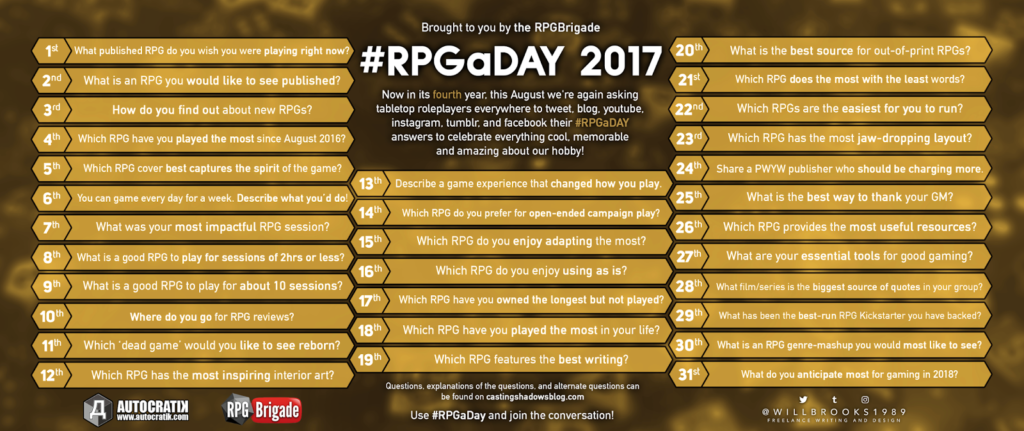
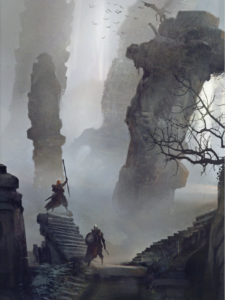
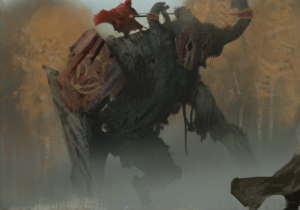
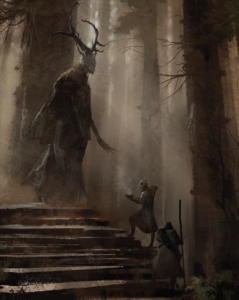
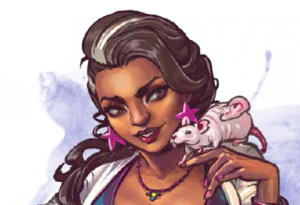
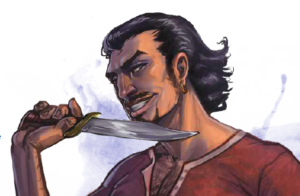
![[Shadow of the Demon Lord cover art]](https://dodecahedroid.com/blog/wp-content/uploads/2017/08/sotdl.jpg)
![[Shadow of the Demon Lord cover art detail]](https://dodecahedroid.com/blog/wp-content/uploads/2017/08/sotdl_dwarf-300x260.png)